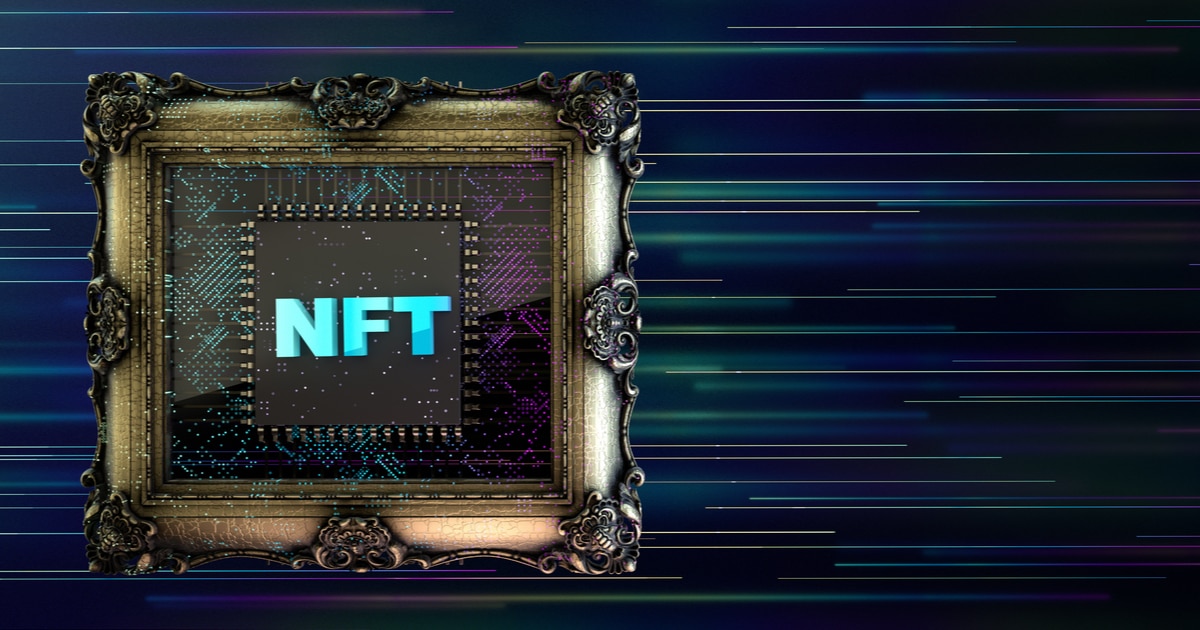NFTs can Help Patients Have Significant Control of Personal Health Data: Global Scholars
A global and multidisciplinary team of scholars in informatics, law, and ethics have released a publication noting that non-fungible tokens (NFTs) have the capability of spreading their wings to the healthcare sector by helping patients safeguard their personal health information.

Led by bioethicists at Baylor College of Medicine, a health sciences university located in the Texas Medical Center, the scholars noted that NFTs could be repurposed to fit the healthcare industry.
As a result, they can give patients more control over their personal health information by stipulating who can access it and tracking how it is shared.
Kristin Kostick-Quenet, first author of the paper and an assistant professor at Baylor, stated:
“NFTs could be used to democratize health data and help individuals regain control and participate more in decisions about who can see and use their health information.”
In an era of big data, Amy McGuire believes that health information has become its own currency based on commodification and profits accrued. The senior author of the paper added:
“Using NFTs for health data is the perfect storm between a huge marketplace that's evolving and the popularity of cryptocurrency, but there are also many ethical, legal and social implications to consider.”
Despite NFTs raising the bar as potential avenues of transforming the world of health data, the researchers stated that challenges like intellectual property rights disputes and security flaws had to be tackled.
NFTs are among the trendy digital assets, given that their Google search surpassed that of crypto and Ethereum based on Google Trends.
With non-fungible tokens offering intrinsic value on the foundation of their blockchain-based and unique traits, their adoption continues to go through the roof.
Caroline Alexander, a finance expert at the University of Sussex, recently stated NFTs would be everywhere in the future because anything that requires proof of ownership would be an NFT, as reported by Blockchain.News.
Image source: Shutterstock
NFTs can Help Patients Have Significant Control of Their Personal Health Information, Global Scholars state#https://blockchain.news/news/nfts-will-be-everywhere-in-the-future-because-of-proof-of-ownershipexpert-says









